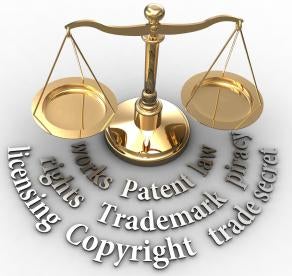In a highly anticipated ruling, on May 22, 2017, the Supreme Court decided the T.C. Heartland v. Kraft Foods Group case, restricting venue in patent cases to venues in which the Defendant resides or venues in which the Defendant has committed acts of infringement and has a regular and established place of business. The ruling is expected to result in a major redistribution of patent cases throughout the country, some of which may have limited patent experience.
Given the large number of companies incorporated in Delaware, that jurisdiction may remain a popular patent jurisdiction. Furthermore, we expect that the second portion of the venue statute which allows for venue “where the defendant has committed acts of infringement and has a regular and established place of business” will see significantly more litigation as parties work to parse out the metes and bounds of “regular and established place of business” that might confer venue.
The Court held that 28 U.S.C. § 1400(b) is the sole and exclusive provision governing venue in patent infringement actions and is not to be supplemented by the general venue statute, 28 U.S.C. § 1391(c). The Supreme Court’s ruling overturned 25 years of Federal Circuit precedent interpreting these two statutes, which had, in effect, exposed Defendants to patent infringement actions in almost any jurisdiction in which an allegedly infringing act had occurred.
The Court recounted the history of the patent venue statute, §1400(b), and found particular significance in the fact that it had not been amended or modified in any way since 1948, despite intervening case law that had issued in the interim. Section 1400(b) provides that:
“[a]ny civil action for patent infringement may be brought in the judicial district where the defendant resides, or where the defendant has committed acts of infringement and has a regular and established place of business.”
The Supreme Court had previously held that for purposes of §1400(b) a domestic corporation “resides” only in its State of incorporation, rejecting the argument that §1400(b) incorporates the broader definition of corporate “residence” contained in the general venue statute, 28 U. S. C. §1391(c). See Fourco Glass Co. v. Transmirra Products Corp. Since Fourco, Congress has twice amended §1391, which now reads: “[e]xcept as otherwise provided by law” and “[f]or all venue purposes,” a corporation “shall be deemed to reside, if a defendant, in any judicial district in which such defendant is subject to the court’s personal jurisdiction with respect to the civil action in question.” §§1391(a), (c). In Monday’s holding, the Court found the latest amendment to §1391 to be particularly significant. In 2011, Congress added the clause “[e]xcept as otherwise provided by law,” to §1391. Thus in adding that savings clause, the Court found that Congress had “[made] explicit the qualification that this Court previously found implicit in the statute” in Fourco.






 i
i

